Oppositional and Defiant Children & Adolescents – Scott Sells (Digital Seminar)
Description:
Out of Control behavior involves the entire family – shouldn’t your treatment do the same?
The parent’s mantra of “just fix my kid” isn’t the most effective because while you can make some progress individually, relapse rates skyrocket when the child returns to the same unhealthy patterns/behaviors/ environment. Oppositional and Defiant children and adolescents are often referred to treatment because of extreme emotional or behavior problems – aggression, disrespect, skipping school, self-harm, suicide, running away – and not the underlying trauma and unhealthy family dynamics that are the real cause of the problem.
Watch Dr. Scott Sells, founder of the Family Systems Trauma (FST) Model and creator of Parenting with Love and Limits®, to learn 7 must have, evidence-based techniques for assessing and treating the oppositional and defiant child or adolescent in whole new way.
Under Dr. Sells’ expert guidance, you’ll discover how you can:
- Engage and motivate even your most resistant children, parents, and families
- Use step-by-step tools with handouts and scripts to use immediately with clients
- Identify the underlying reason for defiance and what are called “undercurrents” to quickly find the solution
- Keep your sessions strength-based and solution-oriented
- Empower parents to heal trauma, improve boundaries, and restore attachment
- Overcome the most common treatment roadblocks that frustrate you and your client
If you’re treating out of control children and their parents, you need these techniques in your clinical toolbox – purchase today!
Outline:
Oppositional and Defiant Children and What Makes Them Tick
- Long-term impact of out of control behavior and an upside-down hierarchy
- Why family trauma so often the cause but unseen and untreated
- “Teen terrorism” and how it defeats both parents and counselors
- “Rules without relationships” lead to an out of control child
- Video case example: Interactional Trauma: A single parent mom and child who are both out of control
Importance of Including the Parent/Caregiver in Treatment
- Motivate your toughest parents so they will show up and cooperate
- A 7-question script to start and end treatment
- Move quickly beyond the roadblock of “just fix my kid”
- The “stick and move” technique and “closing arguments” to set the terms of treatment
- How to use the Motivational Phone Call to engage the extended family
- Case example: Listen to an actual motivational phone call
Assessment and Diagnosis Quickly and Accurately
- Scale from 0% (no stress) to 100% (total stress) to quickly get to the child’s problem(s)
- Four toxic seeds and undercurrents that maintain the child’s extreme behavior or symptoms
- Assess for the child’s safety stressors
- Self-harm, suicide, bullying, aggression, drug use, etc.
- Rules for when to stabilize the child’s extreme behaviors and when to start active trauma treatment
- Set goals of therapy with defiant kids that actually work
- Video case example: “Knowing where to tap” to locate the root causes of the child’s out of control behavior
How to Set Clear Rules, Boundaries, and Emotional Warm-Ups: Create a customized playbook
- Is clear, written, and pre-determined to set up both child and family for success, not failure
- Heals the stronghold of shame, blame, performance and approval
- Locates the child’s love language
- Neutralizes the child’s “five aces” of running away, truancy, safety issues, aggression and disrespect
- Video case examples: “Extreme kids and Written Playbooks that Work”
Why Parents Must Practice Delivery and Think Two Steps Ahead
- Why defiant kids are master button pushers and using button busters to stop it
- Why dress rehearsals to practice delivery and troubleshooting to think two steps ahead is so needed
- How to set-up and execute the best dress rehearsals and troubleshooting of your life
- Video case example: Watching a great dress rehearsal unfold and seeing immediate change in the child
Relapse Prevention to Achieve Permanent Changes in the Defiant Child and Family
- Mini-scales technique: The child and family taking credit for the changes
- Map out next steps of treatment and beyond
- Identify red flags to prevent potential relapse
- Video case example: See the mini-scales and decision tree techniques in action
Using Client Feedback to Improve Outcomes
- 5 key questions to ask at the end of each session to instantly get better outcomes in real time
- How real-time client feedback will improve outcomes
- How to elicit honest responses from clients and families
- Delivery vs. content: It’s not what you say but how you say it
- Video case example: “We finally feel a part of the treatment”
Limitations of the Research and Potential Risks
NLP online course
So what is NLP?
NLP stands for Neuro-Linguistic Programming. Neuro refers to your neurology;
Linguistic refers to language; programming refers to how that neural language functions.
In other words, learning NLP is like learning the language of your own mind!
NLP is the study of excellent communication–both with yourself, and with others.
It was developed by modeling excellent communicators and therapists who got results with their clients.
NLP is a set of tools and techniques, but it is so much more than that.
It is an attitude and a methodology of knowing how to achieve your goals and get results
Preview Information:
Original Page
Archive Page
More Course: NLP – HYPNOSIS – PHILOSOPHY
Outstanding Course:World Wide Transformation Summit 2016


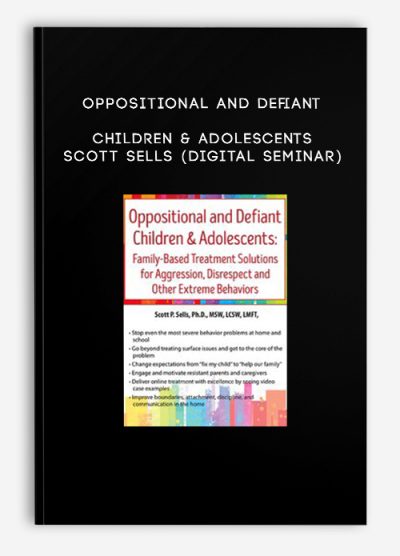
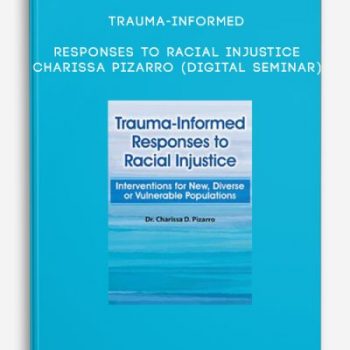
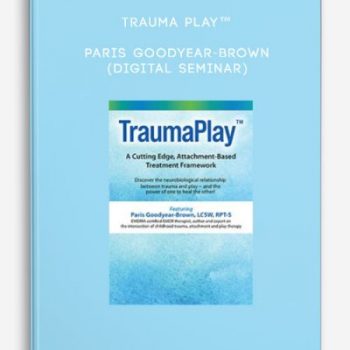
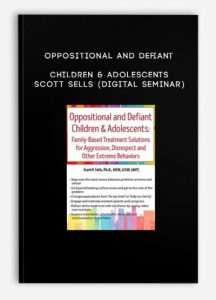
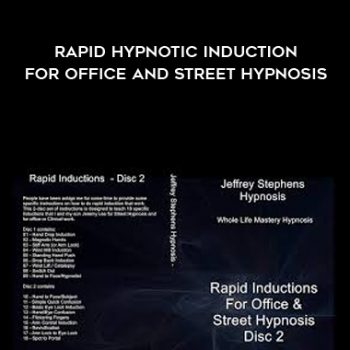




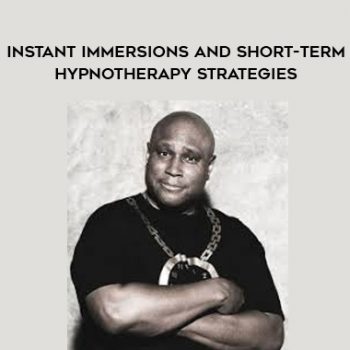


Lord –
This is Digital Download service, the course is available at Vincourse.com and Email download delivery.